Artspace Hosts ‘Equity in Fundraising’ Conversations
For artists and art administrators alike, the world of fundraising can be mysterious. It's a necessary aspect of working in the arts, but the process of raising money can be intimidating and there are no straightforward guidelines. The amount of work involved in applications, with required budgets and data, and reporting requirements, favor established organizations with dedicated fundraising staff. Even when you know how to fundraise, some barriers leave many people who need access to funds staring through the windows. For instance, many current funding options may put a donor's wants over an organization's goals, or cause artists and administrators to consider donors' identities when developing programs or creating work, and many large donors simply want to support the organizations they have long known. In short, the established system has often not only affected the work of artists and arts organizations, but often shut out many artists and arts organizations led by people of color.
In an attempt to disrupt this archaic system of raising funds, Community-Centric Fundraising (CCF) has taken root in many communities across the country.
“Community-Centric Fundraising is a movement to evolve how fundraising is done in the nonprofit sector. Its goal is to support fundraisers and other nonprofit professionals to re-examine every fundraising philosophy and practice they have been taught, engage in vigorous ongoing conversations, and explore doing fundraising in ways that reduce harm and further social justice.”
In Raleigh, Artspace is one such organization that is helping to bring this approach to fundraising to the Triangle Area. Mary Kay Kennedy, Artspace's Director of Development and Communications, became a fan of Community-Centric Fundraising a few years ago, after she heard the movement's co-founder, Vu Le, speak at a conference.
"I was hooked at that point," says Kennedy and she and Ileana Rodriguez, previous Director of Development & Communications at Artspace, initiated conversations with local administrators about how to implement the value and theories behind this new movement within the Triangle arts community. Fast forward to the past year or so, members of the CCF movement created a resource website that provides guides and case studies and supports moving an organization towards a community-centric model of fundraising. At the same time, arts organizations across the country were reacting to being called out about structural racism and other inequities in their administration and in the arts sector as a whole. Kennedy felt this was the perfect time to take action.
Mary Kay and Artspace looked at their organizational structure and began to make changes to their fundraising activities. They got rid of their annual gala in favor of a series of smaller events with a much lower ticket price and community focused sponsorships. They began looking at the sources of major gifts and ensuring that their cultural and community values align. Kennedy realized that if they are going to start this process to become more equitable in all their policies and programs, they needed to be more transparent.
“We [Artspace] realized that we don’t want to make decisions about the people we serve without the people we serve being a part of it.”
To bring their constituents into the conversation, they decided they first need to educate them on how fundraising works for nonprofits. They started a series of Community Conversations focused on how money gets to organizations and how people give to organizations. The first of these conversations happened in late July. It featured speakers who were both arts organizations fundraisers and foundation representatives to explain the structures that allow inequities to exist in fundraising.
Part II of this conversation series, happening on September 19, will take the foundations of the first session and explore how and why these current practices are harmful to organization mission statements and create funding inequities within the sector. And hopefully, this conversation will begin to identify steps that both organizations and foundations can take to address these issues.
"The community-centric model really is about working with other organizations, sharing resources, not being competitive about grants, and recognizing other ways to help stop the perpetuation of the inequities that plague the donor-centric fundraising model," says Kennedy, "In the end, I realize I can't do it alone. I am only one person at one organization." Through these community conversations and the actions Artspace has already taken, Kennedy hopes that the movement will build steam within the Triangle, and more organizations and donors will work to rebuild this system on a more equitable model.
You can register for free for Part II of Artspace's Community conversations on September 9, here.
Check out their first Community Conversations session on ArtSwell TV.
